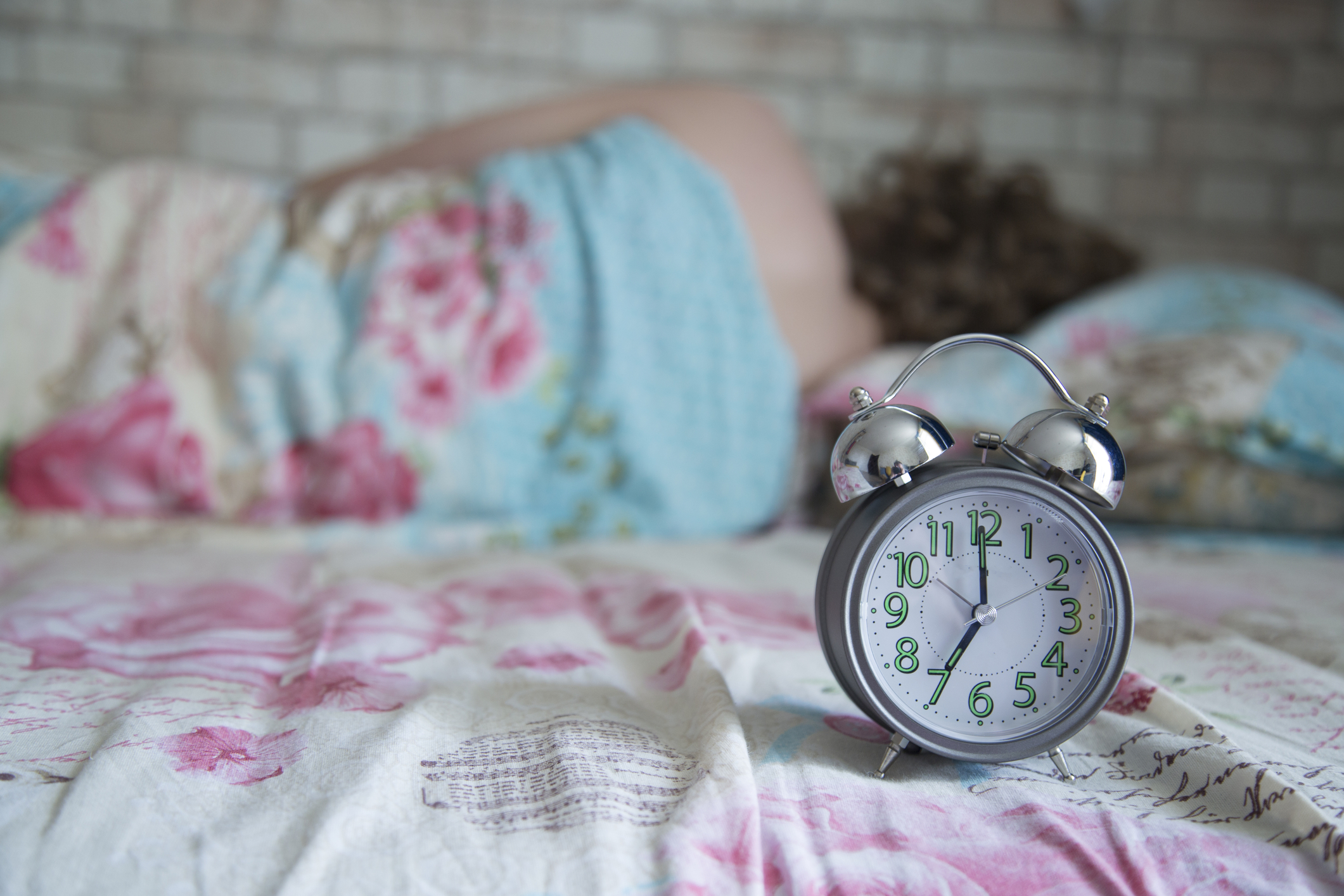Diving into the Realm of Hypersomnia: Five Fascinating Facts that Redefine Sleep
The realm of sleep is a complex one, with hypersomnia - a condition causing excessive sleepiness - sitting at its core. Hypersomnia involves feeling intensely drowsy throughout the day or spending long hours in sleep, often crossing the boundaries of the generally accepted 7-9 hours. It's more severe than just feeling a bit sleepy; it's like a heavy blanket of fatigue that wraps around you, making your daily activities hard to carry out. Coming face-to-face with hypersomnia requires understanding the different forms it takes - Primary Hypersomnia and Secondary Hypersomnia. Primary is when it occurs on its own, whereas secondary is a consequence of another health condition.
The Role of Genetics in Hypersomnia

Hypersomnia's roots often trace back to the genetic level. Specific gene variants have been identified in studies that significantly increase the susceptibility to this condition. One such gene is the HLA-DQB1*06:02 gene, notable for its role in regulating sleep and wakefulness, and closely linked to disorders like narcolepsy, a form of hypersomnia. However, the interesting point is that not everyone with these gene variants will develop hypersomnia or narcolepsy, suggesting that there are other factors at play, like environmental stimuli or even unknown genetic factors.
Hypersomnia and Mental Health

While physical fatigue is a clear symptom, hypersomnia heavily impacts mental health as well. Those with hypersomnia often report feelings of anxiety, depression, and frustration - they're sleeping their life away, and there's not much they can do about it. It's a vicious cycle - hypersomnia can contribute to developing mental health issues, and in turn, mental disorders like depression can lead to sleep-related problems, including hypersomnia.
Diagnostic Challenges in Hypersomnia

Diagnosing hypersomnia is where complications arise. As we know, feeling tired isn't uncommon. So how do doctors discern between a "normal" tired and hypersomnia? It's all about the impact on daily functions: if someone's excessive sleepiness negatively influences their performance in daily activities, hypersomnia may be a suspect. However, accurate diagnosis requires ruling out other causes - sleep apnea, shift work disorder, possible effects from medication - making it a challenging condition to pin down.
The Potential of Drug Therapy

When we step into the realm of treatment for hypersomnia, pharmacotherapy emerges as a glimmer of hope. Stimulant medications - such as modafinil and methylphenidate - and certain antidepressants are often employed to mitigate the symptoms. While these don't offer a cure, the relief they provide has transformative potential, significantly enhancing the quality of life for those grappling with hypersomnia. However, further research is needed to better understand their long-term effects and explore other treatment possibilities.
Hypersomnia's Impact on Lifestyle and Relationships

Living with hypersomnia extends beyond individual suffering; it reverberates through relationships and lifestyle too. People with this condition often struggle to maintain regular social lives due to their abnormal sleep patterns and persistent fatigue—by extension, this can strain relationships with family, friends, and partners. It's a realm that calls for empathy and understanding from one's social circles, highlighting the human aspect of dealing with hypersomnia.